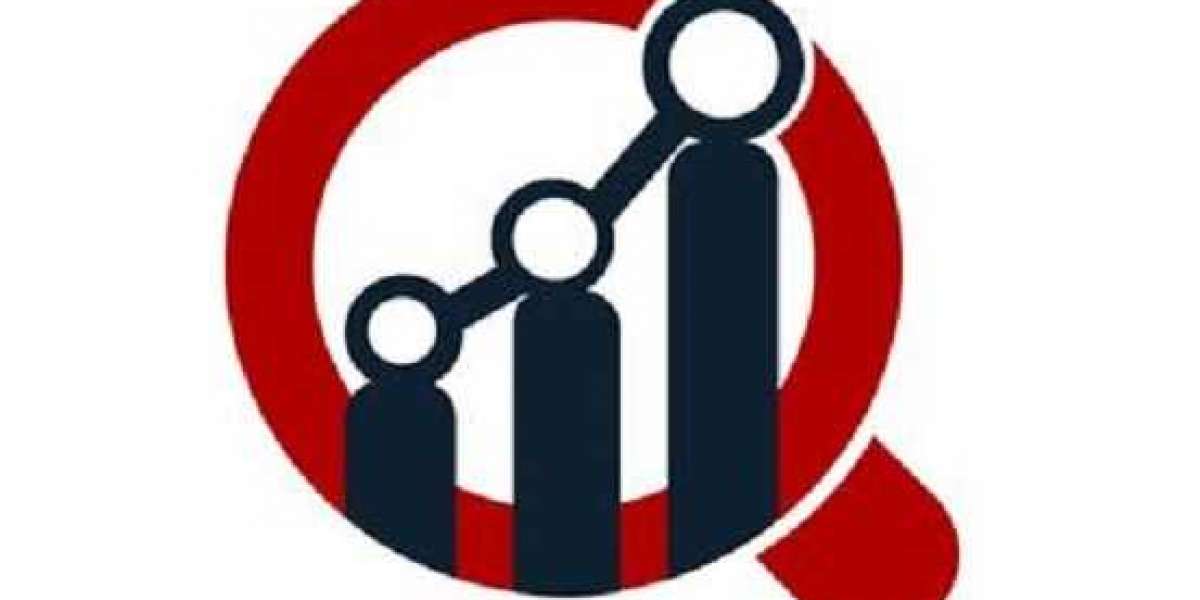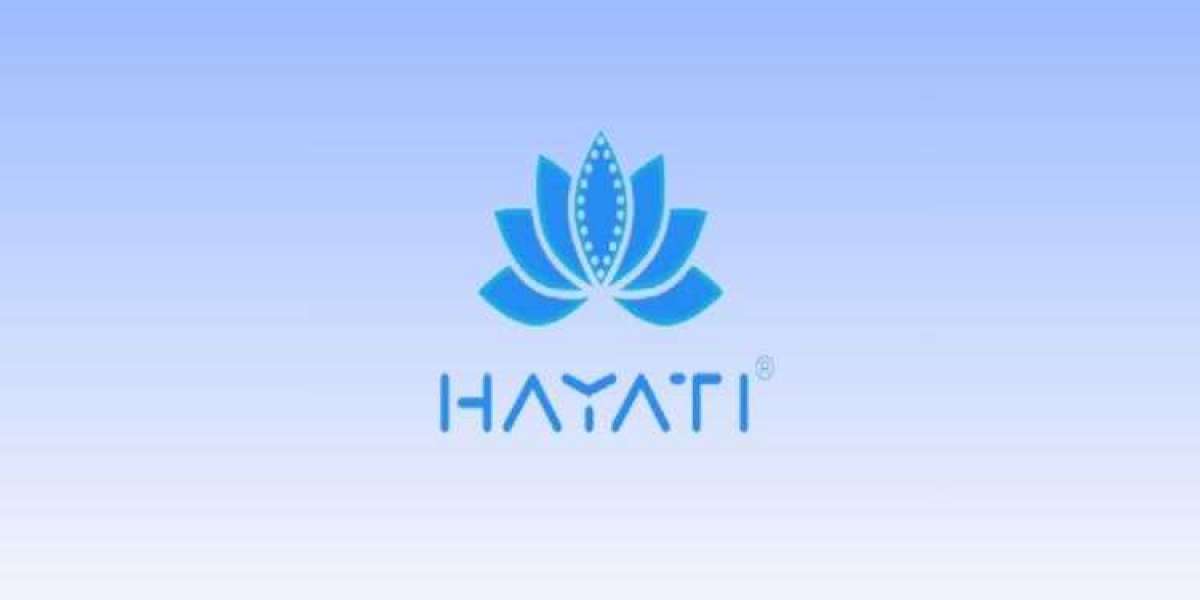? Can AI Read Your Medical Records Better Than Your Doctor? Inside the NLP Boom in Healthcare Life Sciences
Artificial intelligence has been making waves in diagnostics and drug discovery, but one of its most powerful tools is flying under the radar: Natural Language Processing (NLP). And it’s doing more than just understanding human language—it’s decoding the very language of health.
The NLP in Healthcare and Life Science Market is experiencing a massive surge, as hospitals, research labs, and biotech giants race to tap into the hidden power of unstructured medical data. From clinical notes to research articles and even voice recordings, NLP is revolutionizing the way we extract insights—and save lives.
? Why NLP Is a Game-Changer in Healthcare
Every year, terabytes of medical data are generated—much of it in the form of free text like doctors’ notes, discharge summaries, clinical trial results, and patient feedback. Traditionally, this data has been hard to analyze at scale.
Enter Natural Language Processing, a subfield of AI that enables machines to understand and interpret human language. In healthcare and life sciences, NLP is being used to:
Extract clinical insights from electronic health records (EHRs)
Streamline patient documentation
Identify eligible patients for clinical trials
Support medical coding and billing
Detect early signs of disease based on physician notes
By unlocking this “dark data,” NLP helps providers make faster, more accurate decisions while reducing manual labor and improving patient outcomes.
? A Market Set to Skyrocket
According to recent industry analysis, the NLP in Healthcare and Life Science Market is on a high-growth trajectory. Hospitals, pharma companies, insurance providers, and research institutions are all investing heavily in NLP solutions.
What’s driving the boom?
Rising demand for predictive analytics and AI-driven decision support
Increased digitization of healthcare records globally
Growing pressure to improve operational efficiency and patient satisfaction
Surge in healthcare data volume, especially post-COVID
Expanding use of AI in drug discovery, genomics, and diagnostics
As machine learning models become more sophisticated, NLP’s accuracy in interpreting complex medical jargon and context has vastly improved—making it indispensable in high-stakes environments.
? Real-World Applications
NLP is no longer a futuristic concept—it’s already in action:
Virtual assistants for physicians are reducing burnout by transcribing and summarizing patient interactions.
AI algorithms scan thousands of research articles to accelerate drug discovery.
Insurance companies are using NLP to automate claims processing and fraud detection.
Hospitals use sentiment analysis from patient feedback to improve service quality.
In life sciences, NLP plays a critical role in parsing through massive databases of biomedical literature, helping researchers identify trends, biomarkers, and treatment outcomes faster than ever before.
? A Global Opportunity
North America leads the pack, thanks to early adoption of health IT, presence of major AI players, and regulatory push for EHR optimization. But Europe and Asia-Pacific are quickly catching up.
With emerging economies digitizing their healthcare infrastructure and global pharma companies expanding AI investment, the market’s growth is becoming increasingly global.
⚠️ What’s Holding It Back?
Despite the excitement, challenges remain:
Data privacy and security concerns, especially with sensitive patient information
Interoperability issues between different EHR systems
Shortage of skilled professionals in both healthcare and AI
High implementation costs for smaller clinics or hospitals
However, as cloud-based solutions become more affordable and governments push for digital health innovation, these hurdles are steadily being addressed.
? Final Thoughts: The AI Doctor Will See You Now
The rise of the NLP in Healthcare and Life Science Market isn’t just a tech trend—it’s a paradigm shift. By translating the language of doctors, patients, and researchers into actionable insights, NLP is helping build a smarter, faster, and more responsive healthcare system.
Whether it’s diagnosing a disease early, finding a new cure, or simply easing the burden on healthcare workers, NLP is set to become one of the most powerful tools in modern medicine.







